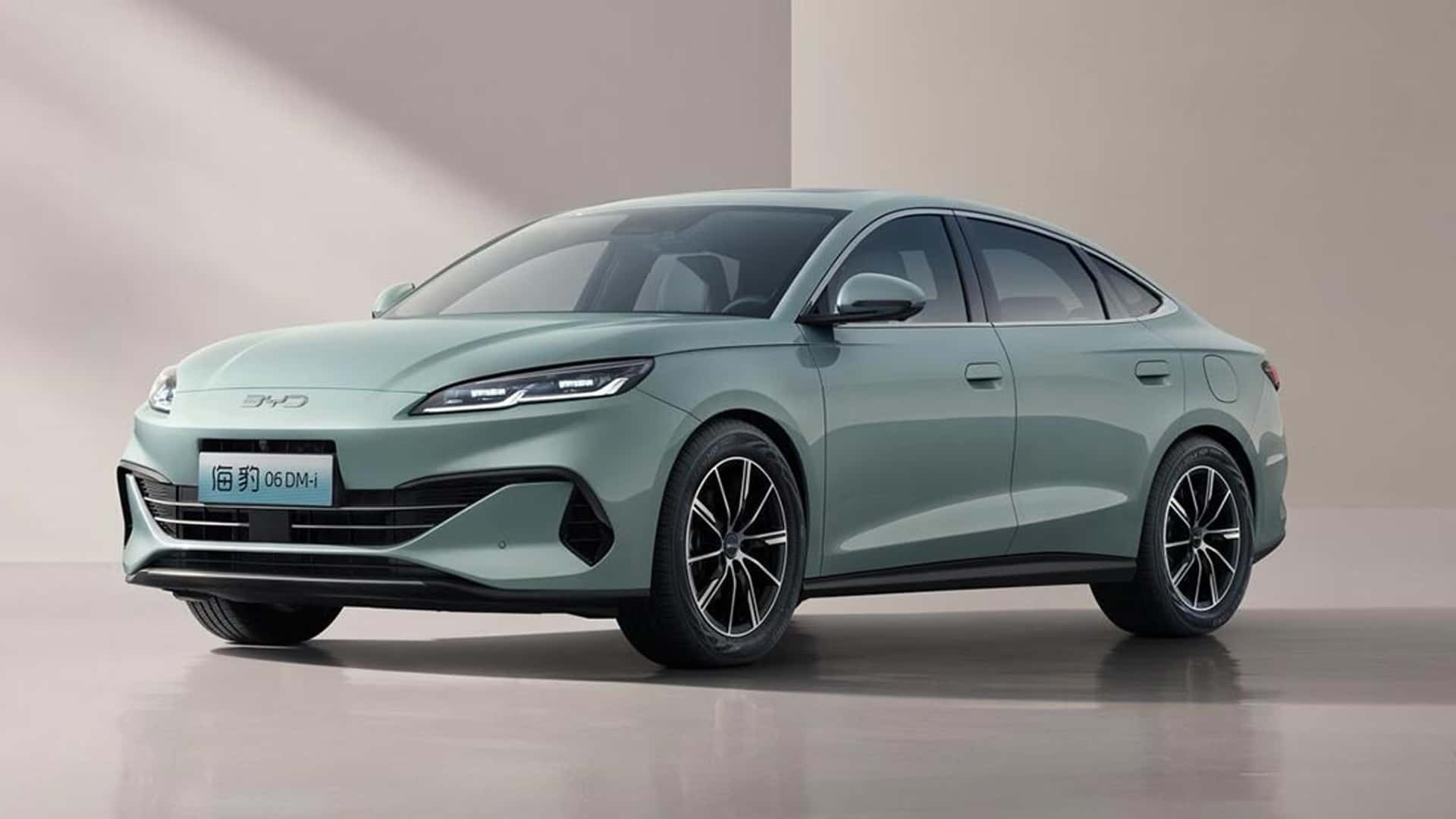
The dream of cars that can go 1,000 miles and more on one tank of gasoline or a single charge of batteries may soon become a reality thanks to Chinese car maker BYD.
As reported by Business Insider, BYD has claimed its new hybrid powertrain system, which will be used in its Seal 06 DM-i car, can deliver up to 1,250 miles before it needs any refueling or charging. That hugely eclipses the range of even the best EVs – they tend to run out of power at 300 miles on average and 500 miles at the top end – and is nearly twice the range of rival US hybrid cars.
By upgrading its hybrid powertrains, BYD can get the equivalent of 81 miles-per-gallon out of its new fifth-generation system, which will power two midsize sedans. Also notable is the powertrain managed to deliver a record-low fuel consumption of 2.9 liters per 62.1 miles when its batteries are depleted, indicating efficiency gains both on the electric and gasoline side.
Now the rub here is that these cars will not likely make it far outside of the Chinese markets, so don’t expect to see them eating up US and UK highways soon. However, they show that hybrid cars remain a very viable option for long-range and efficient cars, which could prove to be a solid stop gap as electric vehicle charging infrastructure and charging speeds continues to develop.
Hybrid vs electric
It doesn't hurt that hybrids cost less than their fully-electric counterparts and also don’t give you the issue of needing to find a charging station or a convenient spot to park up and plug one’s car into an appropriate power outlet. Then again, plug-in hybrid electric vehicles are also arguably fundamentally just gas cars with all of the usual disadvantages, including handling and crash safety.
Still, with the Qin L and Seal 06 models starting from the equivalent of around $14,400 (about £11,300 / AU$21,700), BYD is showing it can make affordable hybrids with impressive ranges, and thus could fire a warning shot across the bow of global car makers and their hybrid models.
That being said, as Live Science reports future EVs could be looking at ranges of 600 miles on a single charge thanks to potential next-generation battery tech. If that comes to fruition then we could see EVs start to leapfrog hybrids as people move away from traditional internal combustion engine cars.






